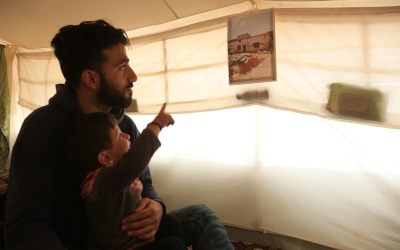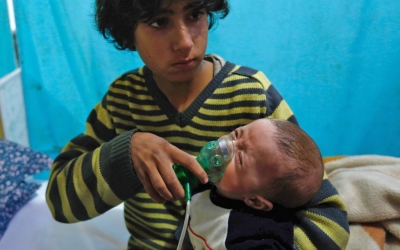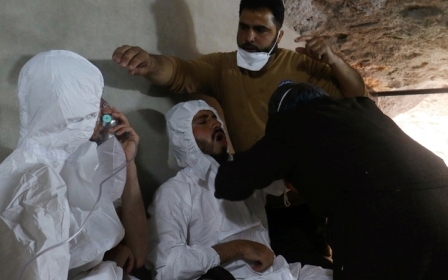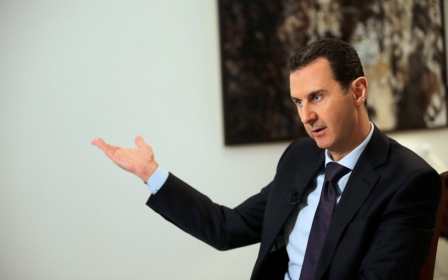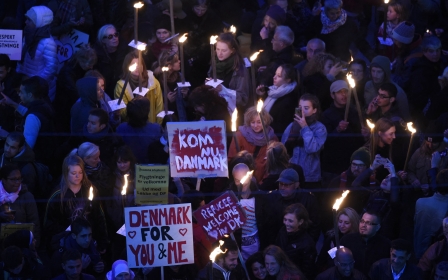Syria stripped of OPCW member rights over poison gas attacks
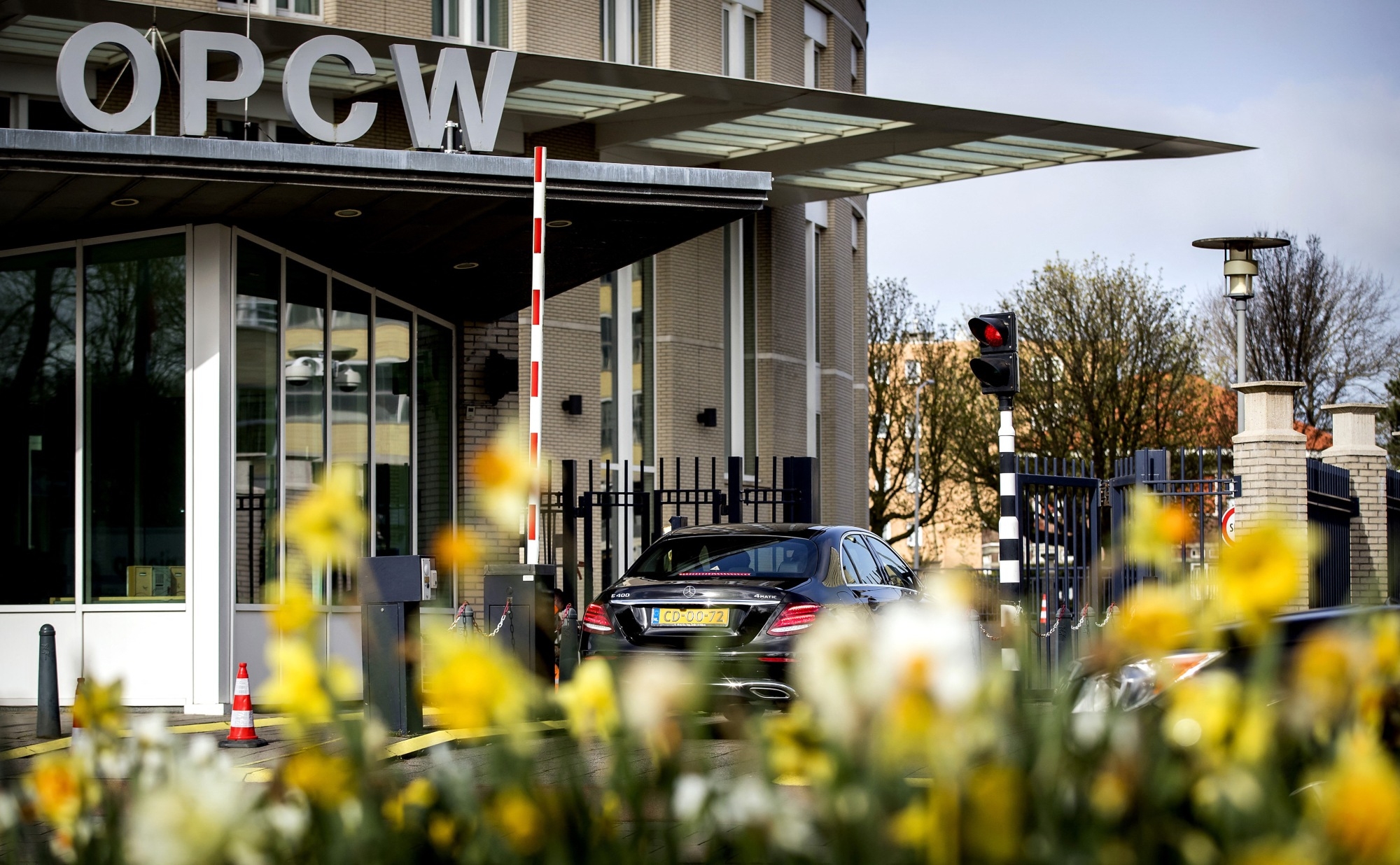
The Organisation for the Prohibition of Chemical Weapons (OPCW) voted on Wednesday to strip Syria of its rights at the organisation, after a probe blamed Damascus for poison gas attacks - an unprecedented step for the global chemical weapons watchdog.
Syria will have its own voting rights revoked and will be banned from holding any offices at the Netherlands-based agency.
The measures were in response to an OPCW investigation last year that found the air force of Syrian President Bashar al-Assad had used the nerve agent sarin and chlorine gas in three attacks on the village of al-Lataminah in March 2017.
Although largely symbolic, the move sent a political signal to Syria that breaches of the 1997 Chemical Weapons Convention, which prohibits all use of chemicals on the battlefield, will not be accepted.
It is the first time a country has been hit with such punishment in the history of the OPCW, which was founded nearly a quarter of a century ago to rid the world of chemical weapons.
New MEE newsletter: Jerusalem Dispatch
Sign up to get the latest insights and analysis on Israel-Palestine, alongside Turkey Unpacked and other MEE newsletters
Syria and its ally Russia have consistently denied that Damascus has used chemical weapons during the 10-year war in the country, and has accused the watchdog of becoming politicised by the West.
A two-thirds majority of the regulator's 193 member states voted in favour of a proposal by 46 nations - including France, Britain and the United States - to deprive Syria of "rights and privileges".
The motion said the OPCW "decides, after careful review, and without prejudice to the Syrian Arab Republic’s obligations under the (Chemical Weapons) Convention, to suspend the following rights and privileges".
These include the right to vote in either the annual conference of all member states or the OPCW's executive council, to stand for election in the executive council, or to hold any office in the agency, it said.
"In light of this result the draft resolution is adopted," said Jose Antonio Zabalgoitia Trejo, chairman of the meeting of the OPCW's member states, who had gathered at its headquarters in The Hague.
Eighty-seven countries voted in favour of the motion, 15 - including Syria, Russia, China and Iran - voted against, and 34 abstained, OPCW officials said. A total of 136 out of the agency's 193 member states voted.
Pressure mounts on Damascus
Syria's rights will remain suspended until member states decide that Damascus has fully declared all its chemical weapons and weapons-making facilities, the motion says.
OPCW chief Fernando Arias will "regularly report... on whether the Syrian Arab Republic has completed all of the measures" demanded by the watchdog, the motion added.
Assad’s government agreed in 2013 to join the OPCW and give up all chemical weapons, following a suspected sarin nerve gas attack that killed 1,400 people in the Damascus suburb of Ghouta.
But it has been repeatedly accused of chemical weapons attacks since then.
A new OPCW investigations team with the power to apportion blame - the agency previously only had the mandate to say if chemical attacks had been carried out or not - said the Syrian government was responsible for the 2017 al-Lataminah attacks.
Damascus then failed to adhere to a 90-day deadline set by the executive council to declare the weapons used in the attacks, reveal its remaining stocks and comply with OPCW inspections.
Pressure mounted on Damascus last week after a second OPCW investigation found a Syrian helicopter dropped a chlorine bomb on the rebel-held town of Saraqib in 2018.
Repeated investigations by the United Nations and the OPCW's special Investigation and Identification Team (IIT) concluded that Syrian government forces used the nerve agent sarin and chlorine barrel bombs in attacks between 2015 and 2018 that investigators said killed or injured thousands.
The UN recently said Damascus had for years not replied to a series of 19 questions about its weapons installations.
Middle East Eye delivers independent and unrivalled coverage and analysis of the Middle East, North Africa and beyond. To learn more about republishing this content and the associated fees, please fill out this form. More about MEE can be found here.


